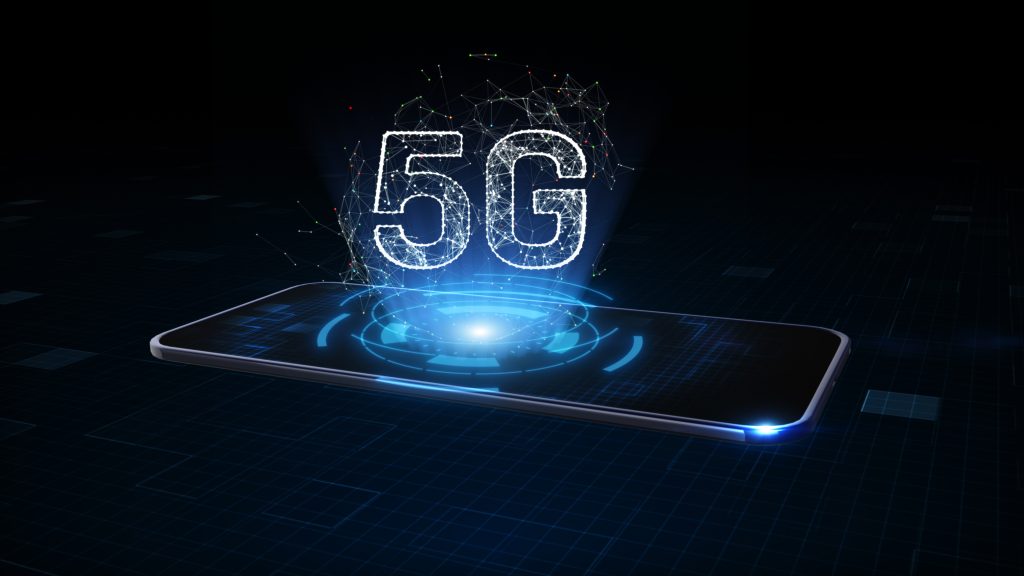Israel to promote competition in cellular market
The initiative aims to accelerate the rollout of 5G networks nationwide, benefiting consumers with improved service quality and more choices.

The Israeli Communications Ministry is taking decisive steps to stimulate competition in the cellular infrastructure market by welcoming new entrants. That initiative aims to diversify a landscape dominated by a few major players, foster innovation, and attract investment in cellular services.
By opening the market to fresh competition, the ministry intends to accelerate the rollout of 5G networks nationwide, benefiting consumers with improved service quality and more choices. Ultimately, this effort is critical as Israel strives to bolster its technological infrastructure and meet the increasing demand for faster, more reliable communication services.
However, the Israeli Communications Ministry needs help balancing these changes with the concerns of existing industry stakeholders. The market currently comprises three primary cellular networks – Pelephone, Cellcom, and Partner (including Hot Mobile), each operating its infrastructure independently. Consequently, introducing new players may disrupt the established order, raising questions about potential impacts on service quality and competition.
Moreover, the ministry has encountered resistance from the workers’ union of Pelephone, which contends that the proposed changes could undermine competition and jeopardise national security. The union argues that this initiative prioritises financial interests over the integrity of communication services. In this context, they express concern that instead of addressing fundamental infrastructure issues, the ministry opts for a superficial solution that may lead to long-term negative consequences for the industry and consumers.
